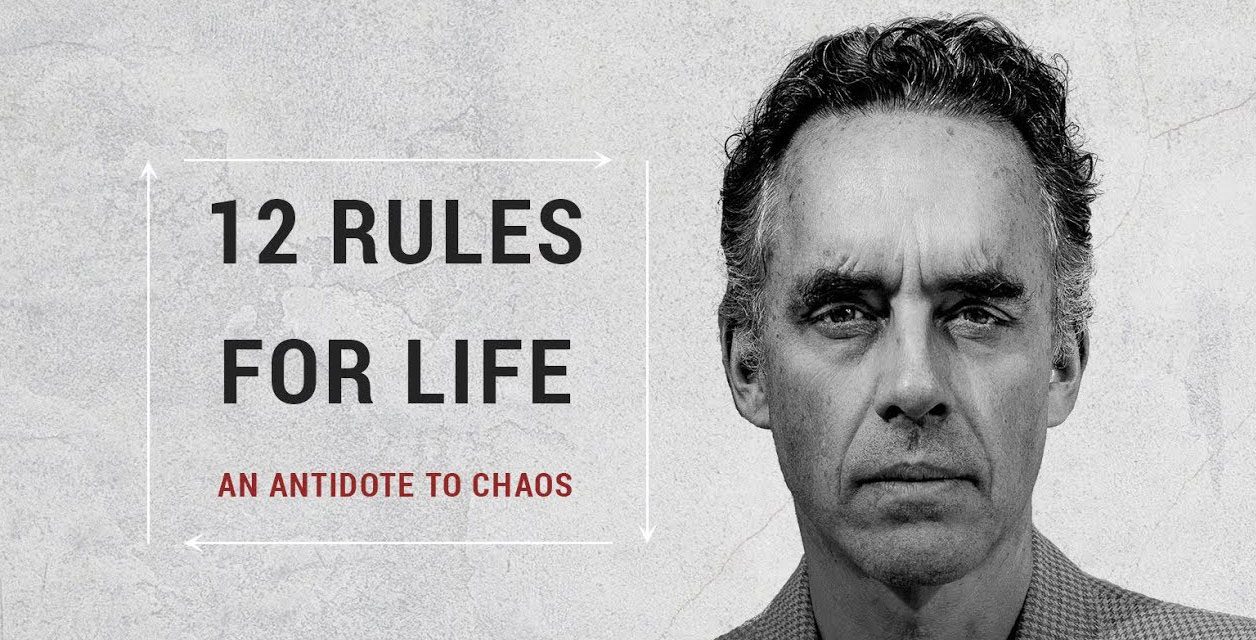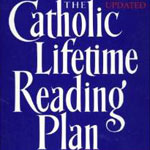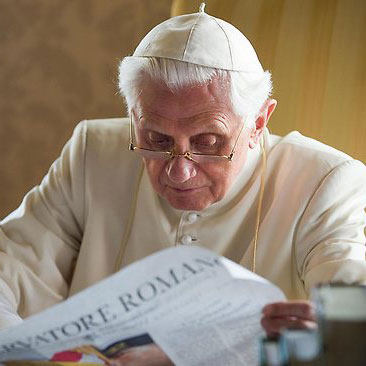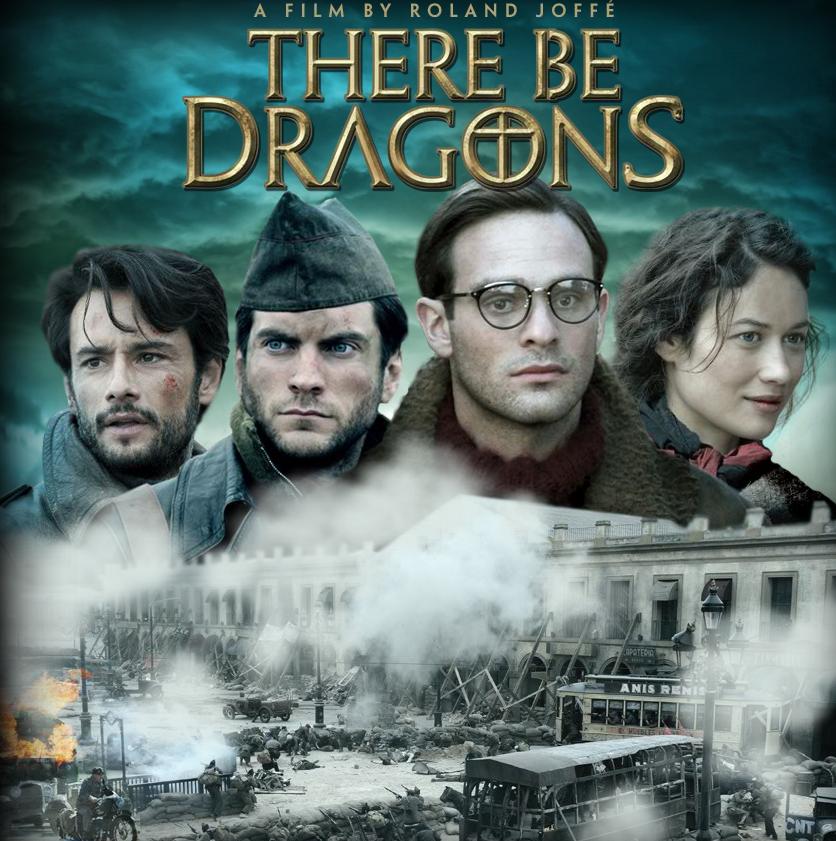Monash University recently launched an ill-advised recruitment program which presents Monash as the university of choice for cultural marxists who want to change the world. There are subliminal suggestions that research and academic excellence might be suitable means for change, but mostly the message is: resort to student radicalism, enforce ‘safe spaces,’ join mass demonstrations, and change the world:
If this portrayal of student life had come from a student union, who would be surprised? What makes it extraordinary is that the university itself has produced this, and endorses it. The video has evoked a lot of negative Youtube comments from Monash students, faculty and alumni, alarmed by its political extremism. But the university is digging in:
As an institution, we firmly believe in its message. This is us drawing a line in the sand about what we think a top university has to contribute to the world. In 2016 we encouraged our community to challenge the status quo and question what is put in front of them in order to move forward. Now we want people to take action.
Tony Thomas takes delight in deconstructing the ad campaign at Quadrant‘s QED blog. It’s a task which Jordan Peterson would meet with equal fervour. Peterson, a professor of psychology at the University of Toronto, has become one of the most famous and outspoken academics in the world, and his critique of modern universities is scathing. Even when they heckle and harass him, Peterson can admire student radicals for their earnestness and idealism; he is quick to forgive their naivety and even their excesses. But he has no time for the university faculties and bureaucracies which nourish and enable student radicalism. Universities, Peterson quaintly insists, are meant to be places of learning not activism, and staff at universities should teach students how to think, not what to think.
Moreover, we know exactly how Peterson would respond to Monash University’s change-making spiel. You want to change the world? Start by cleaning your room:
Peterson, who in the last few years has become a Youtube and Internet sensation, has just entered the pantheon of literary sensations. He published 12 Rules for Life: An Antidote to Chaos back in January, and it quickly topped the charts in eBook, audiobook and real book sales. I bought two out of three versions — the eBook and audiobook — and in the months since, I’ve read/listened to 12 Rules for Life three times.
Driving as much as I do, I’ve listened to a lot of audiobooks. Hundreds. Some audiobooks are narrated by voice actors; some are narrated by the authors themselves. Generally I prefer the former. Voice actors have a particular talent which typically trumps the actual author’s familiarity with the text and intended meaning. Authors often end up straining their voice, causing listeners to involuntarily clear their throats, or reach for a glass of water, in sympathy. The author-narrator then gets in the way of the text, because the listener is distracted. Peterson is no exception. In probably the worst case I’ve seen (heard), he reads himself hoarse midway through the book. But Peterson also narrates with engaging expression and emotion — perhaps no surprise considering his years delivering public lectures. Of the hundred or more audiobooks I’ve heard, 12 Rules For Life is the only book wherein the author chokes up on several occasions, describing with visceral emotion a friend’s suicide, and a daughter’s illness. In these instances, Peterson’s narration doesn’t get in the way of the text; it enhances it.
Nonetheless, in some respects 12 Rules is better read than listened to. Peterson’s lectures populate myriad Youtube channels, and they make better listening than his audiobook narration. Lecturing and writing are different arts, and Peterson excels at both. When he speaks, he intends to be heard, and when he writes, he intends to be read. Moreover, he deserves to be read. His prose is witty and expansive, and only the printed page does it justice. (Or the virtual page in my case.) Peterson is daring in his claims, but also careful; forceful but never dogmatic. There are throw away lines, peripheral to his arguments, which stuck in my craw. On what basis, for example, can anyone refer to “the traditional insistence on the androgyny of Christ”? But such lapses are occasional. For the most part, Peterson’s claims are closely argued, and they were persuasive even when I disagreed. Early in the book, Peterson calls Friedrich Nietzsche “perhaps the most astute critic ever to confront Christianity.” “Surely not,” I thought. “What about Fyodor Dostoevsky?” Still, Peterson made a compelling case, and I was ready to concede the point, when half-way through the book he introduces the legendary writer:
Dostoevsky, who was a great influence on Nietzsche, also criticized institutional Christianity (although he arguably managed it in a more ambiguous but also more sophisticated manner).
That turn of events is an archetype, not an isolated case. Time and again, when reading this book, my own instincts were alternately challenged and confirmed. It makes for a very rewarding experience, comparable to intellectual debate. Sales of the book were helped along, incidentally, by an infamous attempt at ‘debate’ — a Channel 4 interview between Peterson and Cathy Newman, who repeatedly tried and failed to set Peterson up for “gotcha journalism.” Peterson was simply too articulate, and frankly too intelligent, to dance to the mind-numbing tune. If you have the time, watch the 30 minute version, which is probably the next best thing to reading Peterson’s book:
7.2 million views. Why? Why? Why? https://t.co/OqQtLqElc8 via @YouTube
— Jordan B Peterson (@jordanbpeterson) February 17, 2018
If you don’t have the time, here’s an accurate precis:
Peterson (sincerely): “The Germans are really nice people.”
Newman (shrilly): “So you’re saying Hitler basically did nothing wrong?”
Peterson (laughing): “No. I’m not saying say that.”
Many commentators have declared Peterson to be the most influential public intellectual of our times. If that is so, it’s because in an age of provocation, Peterson is that rare figure who is provocative but not a provocateur. He relishes the war of ideas, and he charges into battle with gusto. But though he often arouses derision from his critics, he himself displays generosity and sincerity. I think that’s why I like listening to Peterson’s lectures, and reading his books. Even when you disagree, the debate is still enjoyable, and you’re still willing to learn.
In 12 Rules For Life, Peterson is at his best, I think, when he writes about parenting. His analysis of the Garden of Eden and the Fall of Man is outstanding, and resonates surprisingly well with St John Paul II’s exegesis in Love and Marriage and The Theology of the Body. (I doubt Peterson has read either.) But as good as he is as a literary and cultural critic, Peterson excels as a friend, husband and father, and this is where he has the most to offer. I have already recommended the book to several young men, in their late teens/early twenties, who will appreciate, I think, the intellectual depth and compelling narrative of Peterson’s advice. 12 Rules for Life is ideally suited to young men, as a much needed tonic to the cultural marxism offered by our universities (see above). Peterson doesn’t have all the answers. He doesn’t even ask all the right questions. But he asks and answers some of them, in a way which will invite readers to think deeply and ask more.






I have the book, it is terrific.